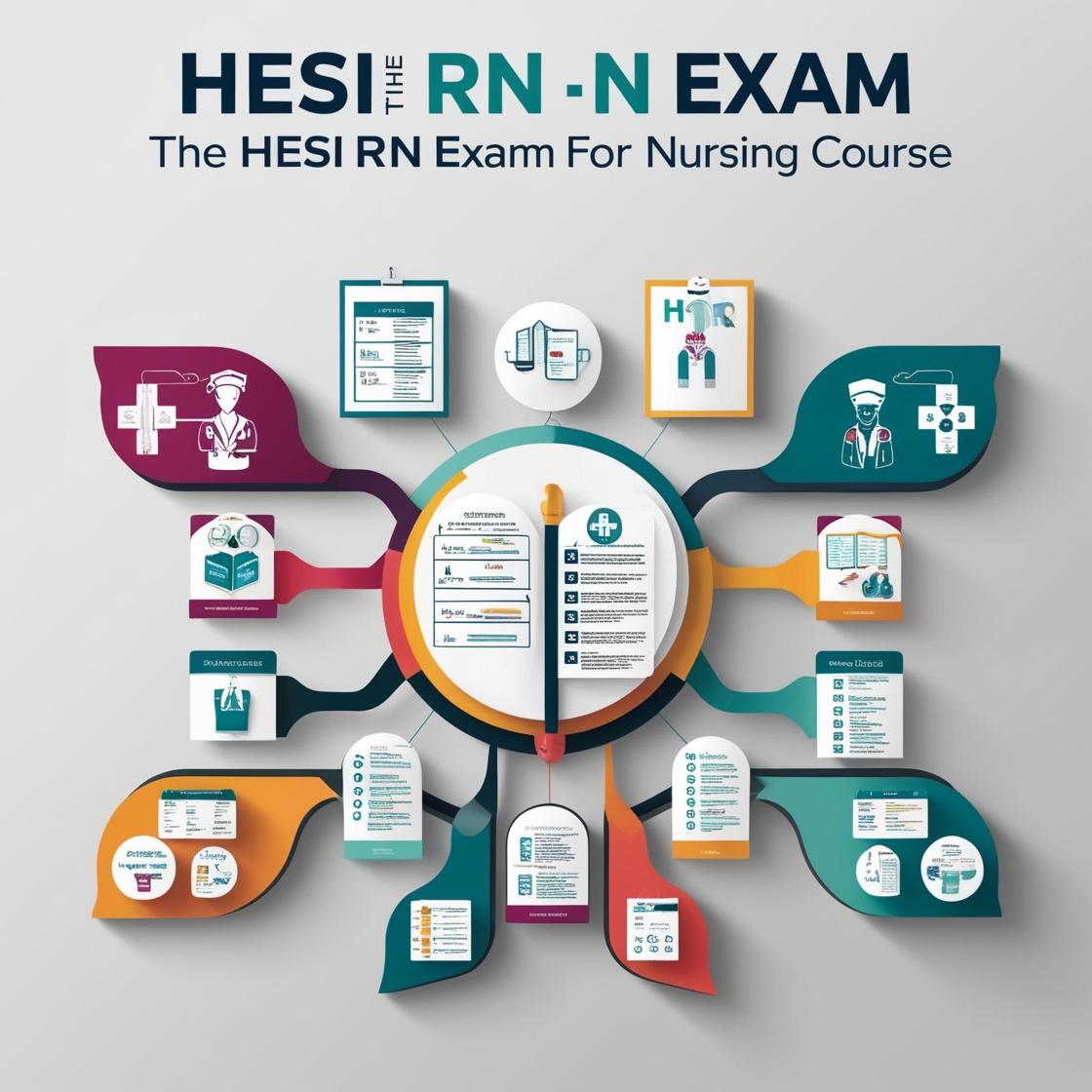HESI RN
HESI Pharmacology Practice Exam
1. The healthcare provider should anticipate that the most likely medication to be prescribed prophylactically for a child with spina bifida (myelomeningocele) who has a neurogenic bladder would be:
- A. Prednisone
- B. Sulfisoxazole
- C. Furosemide (Lasix)
- D. Intravenous immune globulin (IVIG)
Correct answer: B
Rationale: Children with spina bifida, especially those with a neurogenic bladder, are at an increased risk of urinary tract infections. Sulfisoxazole, an antibiotic, is commonly prescribed prophylactically to prevent UTIs in this population. Prednisone (Choice A) is a corticosteroid and is not typically used for prophylaxis in this scenario. Furosemide (Lasix) (Choice C) is a diuretic used to treat fluid retention and hypertension, not for preventing UTIs. Intravenous immune globulin (IVIG) (Choice D) is used to boost the immune system, not for UTI prophylaxis in this case.
2. A client with severe acne is seen in the clinic, and the healthcare provider prescribes isotretinoin. The nurse reviews the client's medication record and would contact the healthcare provider if the client is taking which medication?
- A. Vitamin A
- B. Digoxin (Lanoxin)
- C. Furosemide (Lasix)
- D. Phenytoin (Dilantin)
Correct answer: A
Rationale: Isotretinoin is a metabolite of vitamin A, which can lead to toxicity when taken together. Therefore, it is crucial to avoid concurrent use of vitamin A supplements with isotretinoin. Contacting the healthcare provider to discuss discontinuing vitamin A supplements is important to prevent potential adverse effects. Choices B, C, and D are incorrect as they are not known to interact significantly with isotretinoin.
3. Nalidixic acid (NegGram) is prescribed for a client with a urinary tract infection. On review of the client's record, the nurse notes that the client is taking warfarin sodium (Coumadin) daily. Which prescription should the nurse anticipate for this client?
- A. Discontinuation of warfarin sodium (Coumadin)
- B. A decrease in the warfarin sodium (Coumadin) dosage
- C. An increase in the warfarin sodium (Coumadin) dosage
- D. A decrease in the usual dose of nalidixic acid (NegGram)
Correct answer: B
Rationale: Nalidixic acid can intensify the effects of oral anticoagulants by displacing these agents from binding sites on plasma proteins. When an oral anticoagulant, like warfarin sodium (Coumadin), is combined with nalidixic acid, a decrease in the anticoagulant dosage may be necessary to avoid excessive anticoagulation and potential bleeding risks. Therefore, the correct action for the nurse to anticipate in this situation is a decrease in the warfarin sodium (Coumadin) dosage. Choice A is incorrect because discontinuing warfarin sodium abruptly can lead to thrombosis or embolism. Choice C is incorrect as increasing the warfarin sodium dosage can potentiate the anticoagulant effect, leading to bleeding complications. Choice D is incorrect as reducing the dose of nalidixic acid would not directly address the interaction with warfarin sodium.
4. Colcrys (colchicine) is prescribed for a client with a diagnosis of gout. The nurse reviews the client's medical history in the health record, knowing that the medication would be contraindicated in which disorder?
- A. Myxedema
- B. Renal failure
- C. Hypothyroidism
- D. Diabetes mellitus
Correct answer: B
Rationale: Colchicine is contraindicated in clients with severe gastrointestinal, renal, hepatic, or cardiac disorders, or blood dyscrasias. Renal failure is a condition where the kidneys fail to function adequately, leading to the accumulation of toxins in the body. Since colchicine is contraindicated in clients with renal disorders, including renal failure, it could exacerbate the condition and worsen the client's health. Myxedema, hypothyroidism, and diabetes mellitus are not contraindications for colchicine use. While these conditions may require caution or monitoring when administering colchicine, they are not absolute contraindications like renal failure.
5. A client is receiving furosemide (Lasix) and is being discharged. What should the nurse include in the teaching plan?
- A. Consume potassium-rich foods.
- B. Take the medication in the morning.
- C. Change positions slowly to prevent dizziness.
- D. Maintain an adequate fluid intake.
Correct answer: C
Rationale: The correct answer is to instruct the client to change positions slowly to prevent dizziness. Furosemide (Lasix) is a diuretic that can lead to orthostatic hypotension, causing dizziness. Consuming potassium-rich foods is essential to prevent hypokalemia when taking furosemide. Taking the medication in the morning helps reduce the need for frequent urination at night. Encouraging the client to maintain an adequate fluid intake is crucial to prevent dehydration while on this medication.
Similar Questions

Access More Features
HESI RN Basic
$69.99/ 30 days
- 50,000 Questions with answers
- All HESI courses Coverage
- 30 days access @ $69.99
HESI RN Premium
$149.99/ 90 days
- 50,000 Questions with answers
- All HESI courses Coverage
- 30 days access @ $149.99
